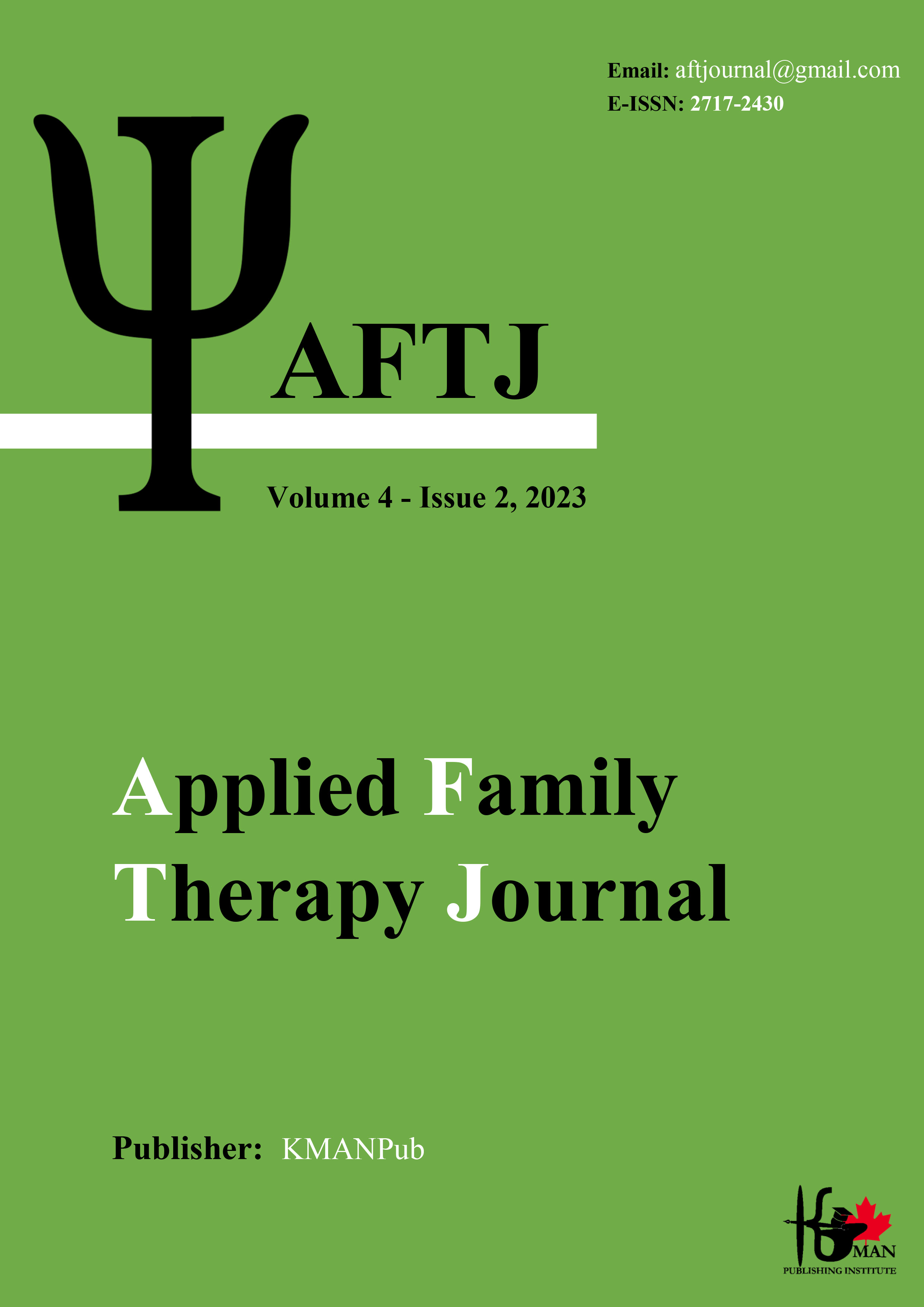The effectiveness of positive psychology on self-compassion and gratitude among couples with marital conflicts
Keywords:
Self-Compassion, Gratitude, Positive PsychologyAbstract
Aim: The aim of this research was the effectiveness of positive psychology on self-compassion and gratitude among couples with marital conflicts. Method: This research was practical in terms of purpose, and in terms of data collection, it was semi-experimental with a pre-test-post-test design with a control group. The statistical population of the research included couples with marital problems in Tehran who had referred to Tehran counseling centers (Tara Clinic Branches 1 and 2 and Behjo Clinic) in 2022 (184 couples), among them 30 couples with the condition of having the conditions of the research. and willingness to participate in the research were selected and randomly assigned to an experimental group and a control group and 15 couples in each group. Rashid and Seligman's protocol including 10 sessions of 90 minutes (2013) was used for positive psychology therapeutic interventions. The research tools included the Neff Self-Deprecation Questionnaire (2003) and the McCliffe Appreciation Questionnaire (2002). The data was analyzed using analysis of covariance using SPSS-V26 software. Results: The findings showed that in the post-test stage, there is a significant difference between the experimental group and the control group (P<0.001) and the intervention method can be effective on the self-compassion (F=32.14, P<0.001) and gratitude (F=7.64, P<0.001) of the couples involved. Conclusion: According to the results of the research, it can be stated that positive psychology as an effective treatment method can be used to improve, self-compassion and gratitude and consequently reduce the marital problems of couples, and it is recommended to psychologists and couple therapy specialists to use this treatment method for Use to improve relationships between couples.
Downloads
Downloads
Published
Issue
Section
License

This work is licensed under a Creative Commons Attribution-NonCommercial 4.0 International License.





















